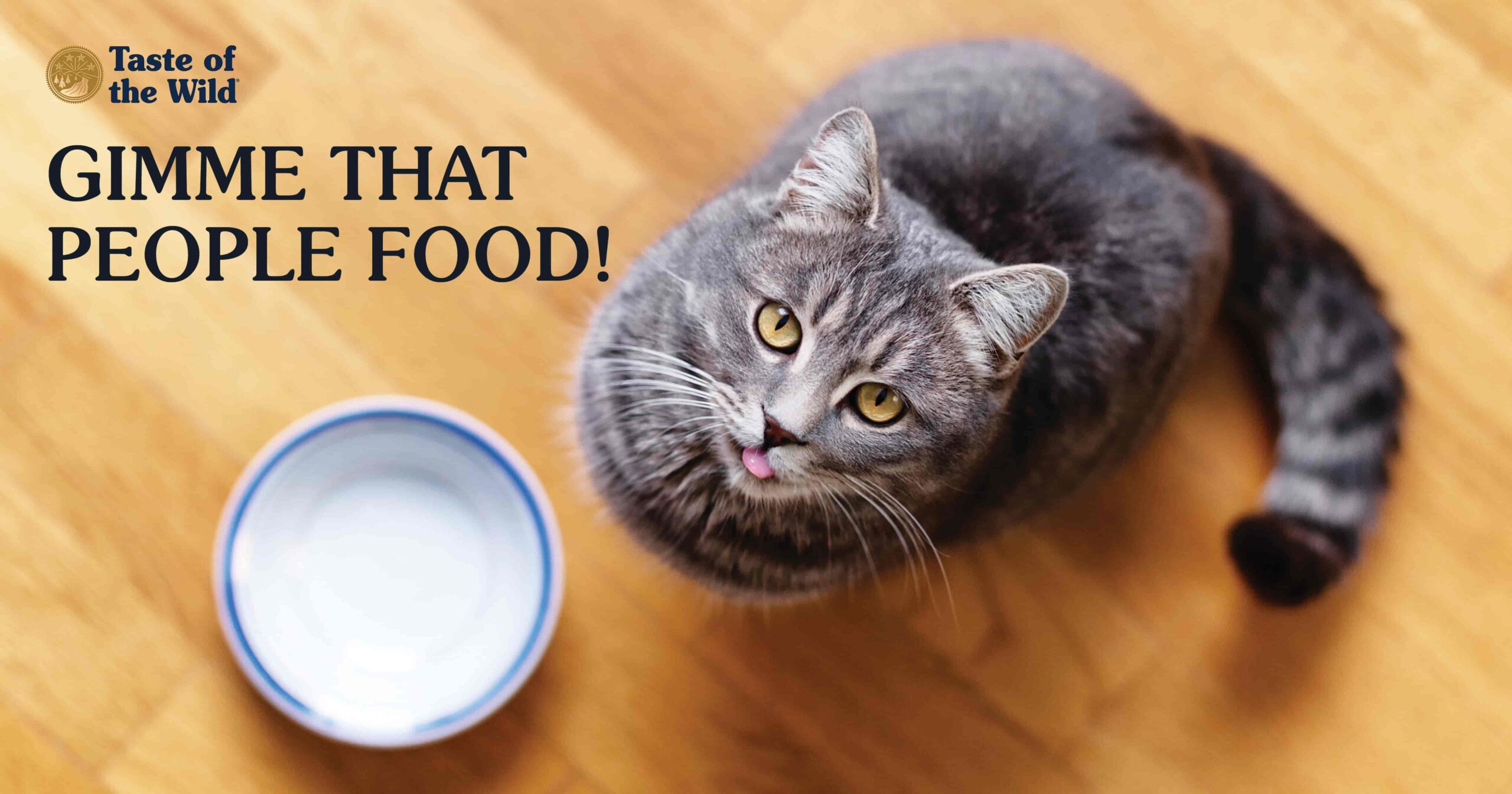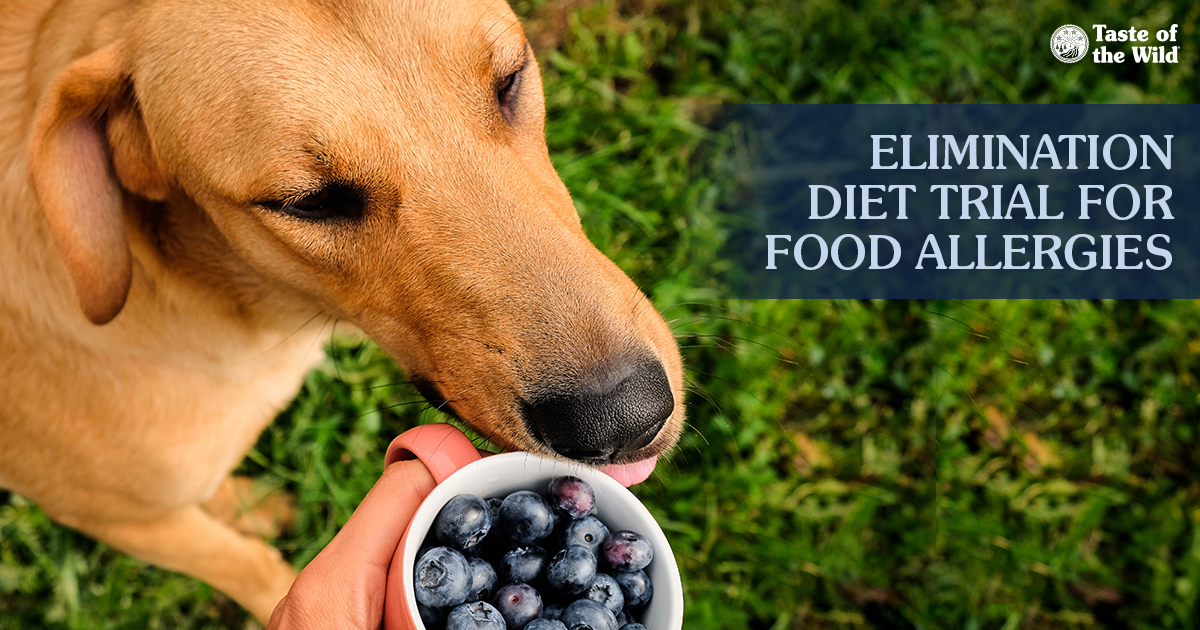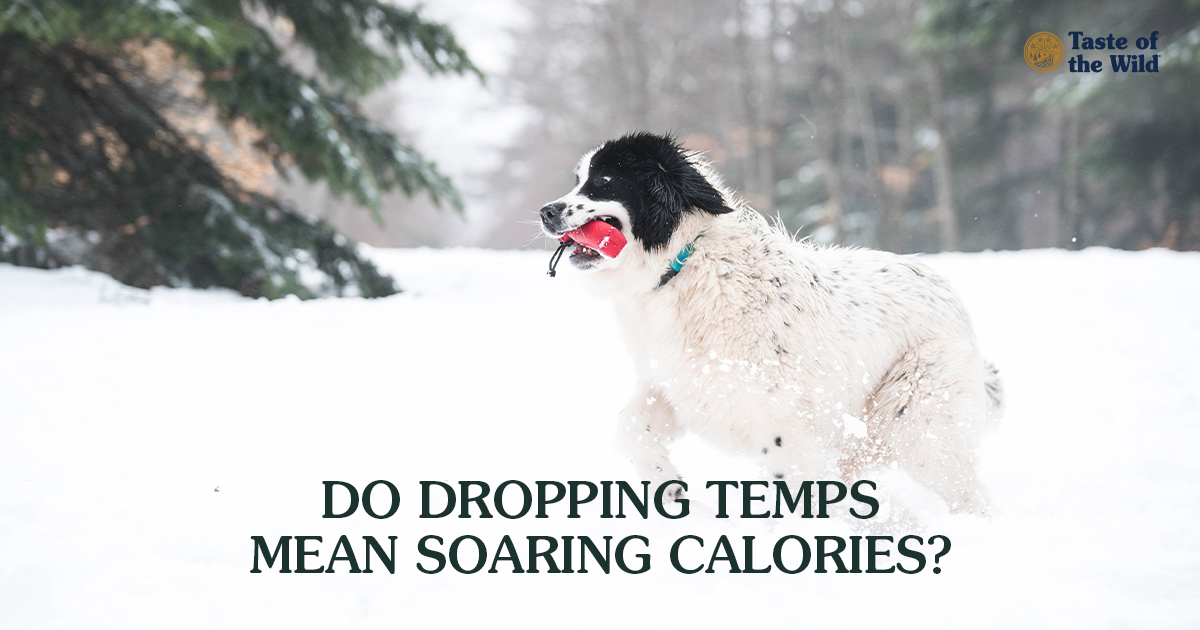Work With Your Vet to Choose an Over-the-Counter Food for Your Diabetic Pet
Thursday, November 10, 2016 | Nutrition

A diabetic pet can be expensive. There’s the cost of the insulin, the syringes and the frequent veterinary visits. So do you really need to pay for a prescription diet, on top of all that?
Not necessarily.
It depends on several factors, including whether your diabetic pet is a cat or a dog, their weight and any other health conditions.
Cats usually have type 2 diabetes, meaning their bodies may be unable to properly use insulin, a hormone produced by the pancreas. Sometimes, this type of diabetes can be reversed, meaning the cat can go into remission and insulin injections are no longer needed. And diet can play a big part in that.
Dogs, on the other hand, tend to have type 1 diabetes, which is a deficiency in insulin. Diet may help manage the condition, but it usually can’t lead to diabetic remission.
Because there are many factors to consider, it’s important to talk to your veterinarian when choosing a food for your diabetic pet.
For Diabetic Cats, Protein’s Where It’s At
In studies, diabetic cats given insulin and a high-protein, low-carbohydrate diet were more likely to go into remission than those fed a high-fiber, moderate-carbohydrate diet. Because cats are obligate carnivores, the high-protein diet more closely mirrors a diet they might eat in the wild.
Your veterinarian may also recommend a canned formula. Compared with dry diets, canned foods tend to be higher in protein and lower in carbohydrates.
If you switch your diabetic cat to a high-protein, low-carbohydrate diet, it’s important to do so under the guidance of a veterinarian. With this type of diet, your cat may need less insulin over time. Giving the same amount of insulin could put your cat at risk for hypoglycemia, or low blood sugar. While cats in remission no longer require insulin, it is important to keep feeding the high-protein diet to reduce the likelihood of them becoming diabetic again. With this type of diet, your cat may need less insulin over time. However, it’s important to always work with your veterinarian to ensure you aren’t putting your cat at risk for hypoglycemia or low blood sugar.
For Diabetic Dogs, Fiber May Help
Unlike cats, diabetic dogs do not require a high-protein diet, but they may benefit from a diet that’s high in fiber. This type of diet can slow absorption of glucose from the intestines, so there are fewer spikes in blood glucose directly after a meal.
A diabetic dog that is well controlled on insulin and is a normal weight may be fine on complete and balanced over-the-counter foods that are appropriate for the dog’s age and health. Again, it’s important to consult your veterinarian to make sure a diabetic dog is receiving the nutrition they need.
Weight Is Another Issue
While weight loss in an overweight pet is usually a good thing, it can also be a sign of diabetes. If that’s the diagnosis, and the pet’s condition becomes controlled with insulin, the weight loss should slow down or stop. However, if the pet remains obese, your veterinarian may recommend a special (either OTC or prescription) diet. For animals who are diabetic, obesity can make their cells less sensitive to insulin. In these cases, a weight management diet that helps them gradually lose weight might be best. A high-fiber, low-fat and low-calorie diet may be beneficial for both dogs and cats. The high-protein diet mentioned above may also help cats drop the additional pounds.
Many pets that have diabetes for a long time before they are diagnosed may actually become too thin. In these cases, your veterinarian may recommend a high-fat, high-protein diet to help them back to a normal weight, or keep them on the same diet but in increased quantities.
Take Other Health Conditions Into Account
If your pet has other health conditions, such as kidney or digestive tract disease, your veterinarian may suggest additional adjustments to your pet’s diet. A cat with advanced kidney disease, for example, may benefit from a diet that is somewhat lower in protein and phosphorus than the high-protein foods typically suggested for cats with diabetes only.
The Bottom Line
Diabetes in a pet isn’t a death sentence, and it’s certainly not a death sentence for your wallet. While some cases require more complicated measures as far as diet goes, it very well may be possible to buy what your pet needs over the counter. Since every pet is unique, it pays to work with your veterinarian to land on the diet that works best for your pet.
RELATED POST: A Suddenly Picky Kitty May Have Hepatic Lipidosis
The information in this blog has been developed with our veterinarian and is designed to help educate pet parents. If you have questions or concerns about your pet’s health or nutrition, please talk with your veterinarian.




